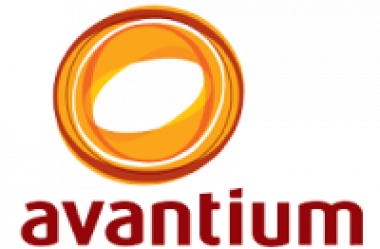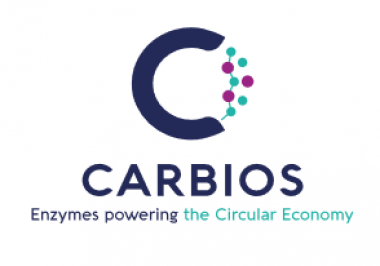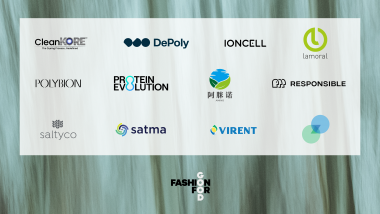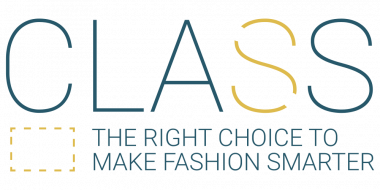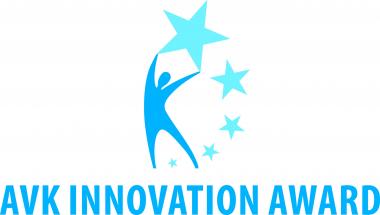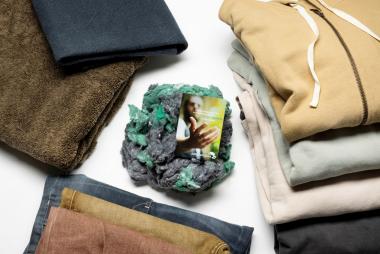Avantium and Kvadrat: Offtake agreement for the development of PEF for interior textiles
Avantium N.V., a leading technology provider in renewable chemistry, announces that it has signed an offtake agreement with Kvadrat A/S, a leader in design innovation, producing quality contemporary textiles and textile related products for architects, designers, and private consumers across the world.
Kvadrat will purchase the 100% plant-based and fully recyclable polymer PEF (polyethylene furanoate) from Avantium’s FDCA (furandicarboxylic acid) Flagship Plant, currently under construction in Delfzijl (the Netherlands) and with commercial production set to start in 2024.
The offtake agreement shall offer Kvadrat the advantage of being first mover in creating PEF-based textiles for both commercial and residential interiors.


